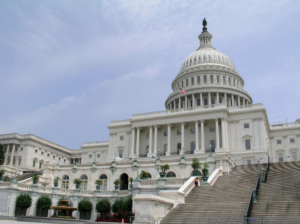 Although there is no other legal document available that offers the benefits of a properly drafted gun trust, the Obama Administration announced proposed changes for firearms owners who use these powerful planning tools.
Although there is no other legal document available that offers the benefits of a properly drafted gun trust, the Obama Administration announced proposed changes for firearms owners who use these powerful planning tools.
Gun trusts offer confidentiality and do not require fingerprinting, photographs, or a sheriff’s approval when transferring firearms, but now lawmakers are pushing new regulations that impose more stringent background verification for those who use a gun trust to manage their firearms.
As of this writing, a draft of the new gun trust requirements has not been made public. Speculations about the new requirements involve making the process to acquire certain firearms (suppressors and machine guns) similar to what an individual would need to satisfy when buying a gun without a gun trust. The ATF is working on a rule change that would eliminate sheriff sign-off for individuals and require every entity to have “responsible persons” submit the same paperwork as required for an individual purchase.
It still remains to be seen, but the changes will likely affect the buying or transferring of firearms into a gun trust. The major reason for gun trusts is to avoid accidental felonies in possession and transfer, not just to avoid a sheriff denial of an application to purchase an NFA firearm. Lawmakers are primarily concerned with limiting confidentiality and increasing access to information about those owning or acquiring NFA items. If so, gun trusts would retain significant benefits:
- Legal sharing of firearms. Without a gun trust, the owner of an NFA firearm is the only person legally allowed to possess and operate the weapon. Gun trusts allow authorized users so that firearms can be legally used by others.
- Probate avoidance. Upon the death of the gun trust grantor, all included non-NFA and NFA items pass to designated beneficiaries immediately without the delay, expenses, and paperwork required in probate.
- No annual fees. Although the grantor must pay for costs to create a gun trust, there are no annual tax or maintenance fees for these planning tools.